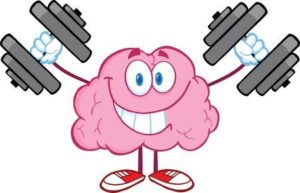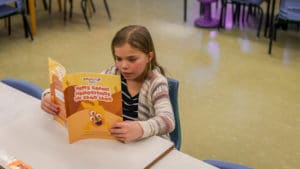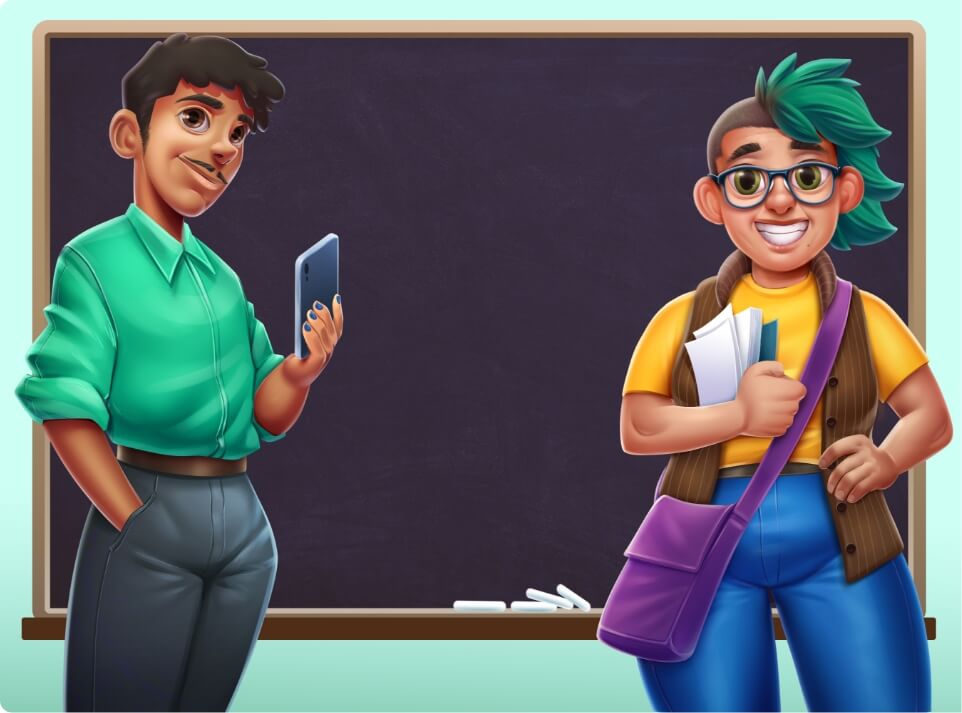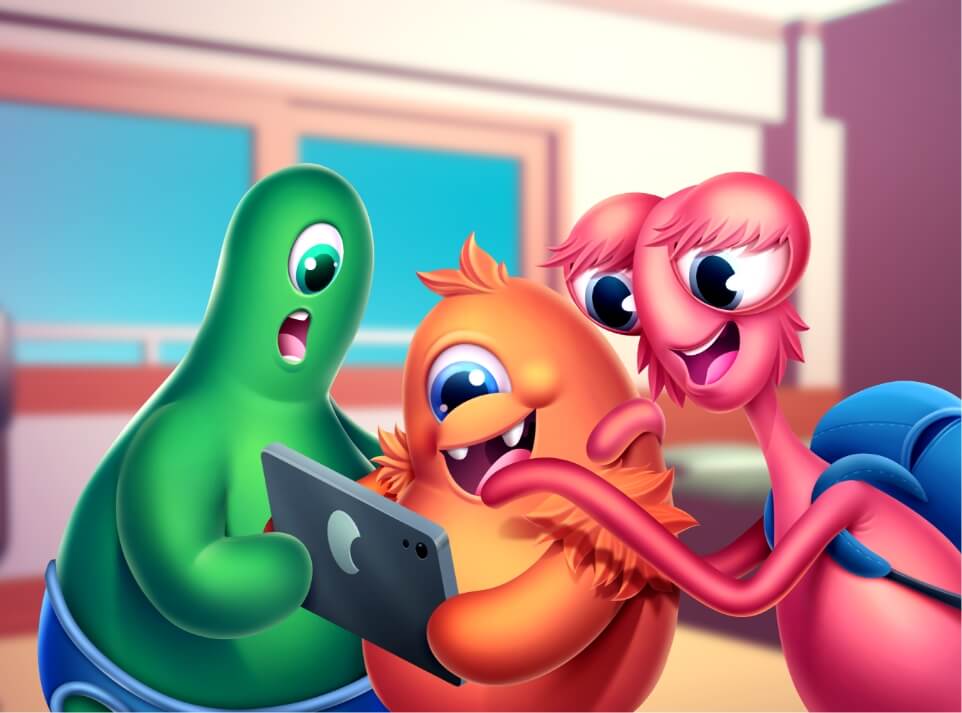Reasons why reading is so important
Learning to read in elementary school is one of the most important things we do as kids. Reading is necessary for us to be able to learn about most other topics. After third grade, most learning in school depends upon reading off a whiteboard, reading off a computer, or reading from a book. Without the ability to read, children are limited in their learning about a vast variety of subjects. This experience can influence the sort of topics they like or dislike, an assessment that can impact the rest of their lives. We want our children to be able to explore as many subjects as possible, allowing them to discover their passion and rise to their true potential.
Reading is not just about recognizing words and being able to pronounce them. That’s part of it, but it is also about comprehending what those words mean, and understanding the context in which they appear. When you unlock the ability to comprehend what you are reading along multiple valences, infinite doorways open up.
As we all know, the benefits of reading don’t stop in elementary school. Apart from requiring reading skills to complete many aspects of adult life and work, reading can provide many more incredible benefits for adults by just reading for 30 minutes each day. Studies show that reading every day can reduce stress, boost concentration, and increase creativity.
Although it is most important to learn how to read at a young age, in today’s blog we are going to look at why reading is so important for everyone, from a primary student to a 73-year old retiree.
1) Reading develops the mind.

The brain is not a muscle that we generally think about exercising. You can’t work the brain out by going to the gym and lifting brain weights, but it is the most important organ in the body. So surely we should be exercising it somehow! To exercise your brain and improve its functionality, you must stimulate and challenge it– like a muscle.
Reading exposes us to all sorts of different words and shows vocabulary in different contexts than what we’re used to. Even if you aren’t consciously aware of the unique way the author is writing, your subconscious is ALWAYS taking notes and remembering little tips and tricks from the writing. Reading helps build vocabulary and familiarizes you with different forms and uses of language which improves reading, writing, and speaking skills! In fact, by reading just 20 minutes a day you are exposed to 1.8 million words each year. That means you will be learning hundreds of different new words to use in your writing and speaking just through reading.
Tip: You may not be able to comprehend a bizarre word the first time you read it, but by searching up its definition and making sure that you understand it, you are significantly more likely to remember its meaning and use it in your own writing/speaking in the future.
One of the most substantial benefits of reading is that it exercises your memory. As you progress through a book or article, you are not only looking to what will happen next, but also recollecting what has happened previously. Using your memory while you read activates many important parts of the brain that keep it functioning optimally.
2) Reading is how we discover new things.
Times have changed. We live in the most information-available era in human history. We have zillions of pages of knowledge at our fingertips– but to consume that knowledge, we must know how to read (and read well).
Whether it is on the internet, in a book or magazine, signs on the street, or skywriters in the air, we read every single day. And that’s great! Reading is how we educate ourselves about our immediate surroundings as well as about the wider world.
Reading allows you to explore ideas and places you’ve never even dreamed of. It can bring you closer to cultures from around the globe and to time periods thousands of years before your birth. Reading is all about discovery, and there is always more out there to discover.
3) Reading develops your creative side.
Reading non-fiction to acquire real-world knowledge is great, but reading fiction to escape the real-world can also be an incredible learning experience. Many of us are stuck in a routine that we don’t even realize we are stuck in. Reading fiction can break that routine and show us what is possible through using our imagination.
Reading a fiction novel puts you in the shoes of the protagonist. By being in this ‘zone’ of being in another persons shoes for extended periods of time, it actually allows us to put ourselves in other people’s shoes in real-life scenarios far easier. This is a skill that should not be overlooked and can be incredibly important in resolving conflicts and reaching your full potential.

Author Ann Patchett said it best:
“Reading fiction not only develops our imagination and creativity, it gives us the skills to be alone. It gives us the ability to feel empathy for people we’ve never met, living lives we couldn’t possibly experience for ourselves, because the book puts us inside the character’s skin.”
4) Reading leads to better concentration.
I’m not talking about reading tweets, Facebook status updates, or even short blog posts like this one. I’m talking about novels, articles, and essays. By dedicating our focus to reading a longer text, we are forcing our brain to focus on one activity for an extended period of time. In a society where people check their cell phones for notifications every few minutes, extended periods of pure concentration can really do our brains some good. Books require engagement. If you aren’t engaged while reading, you aren’t going to gain much from the book. Deep and prolonged concentration on one task or idea has benefits that can not be replicated through scrolling behaviours.
By reading for extended periods of time, you are training your brain to be capable of long periods of focus in general. Deep focus can enhance critical thinking, memory, problem solving, detail retention, and many other elements that are critical to high standards in work and life.
5) Reading is fun.
Last but not least– reading is fun!(Or at least it can be.) Maybe reading some of your old dry school textbooks isn’t the most thrilling, but the world of text is broad and diverse! A good book on a subject of interest has the power to captivate the reader’s attention unlike anything else.

According to a study by Pew Research, one in four adults will not read a single book this year! I can almost guarantee that there is a book out there for each one of those people that would change their lives. It’s a shame that so many people dismiss reading as a boring activity, when it has the potential to captivate, motivate, and engage as well as (or even better than) the best television shows. A lot of the resistance people feel stems from never having found the right author or genre, or having been forced to read books through school. But when reading becomes an act of personal discovery and adventure, that is when the true fun begins.
Reading offers entertainment, information, or an escape from the stresses of everyday life. It is a window into a countless number of other worlds– both on this planet and beyond it. And all it takes to start on one of those journeys is a trip to your local library.
Final thoughts
It is so important that we teach children from an early age that reading can be fun. The numerous benefits that it can affordthem through school and later life will be invaluable if realized early. You can start kids on the path to loving reading by helping them find books on topics they love, and reading to/with them even once they can read on their own. .
So whether you are a ravenous reader, or are trying to find a new page to turn, I hope this post has inspired you to spread the joy of reading to all those you love. We want to see a future where every adult and child is empowered to pursue their goals through literacy. So get ready ,and get reading!
Sign up for Dreamscape here: https://go.pardot.com/l/406482/2019-03-04/78zkkr
Our team here at Squiggle Park is incredibly passionate about creating a future where every person has access to education and can become passionate about learning. Here’s to that future.
Categories
comments for this post are closed

